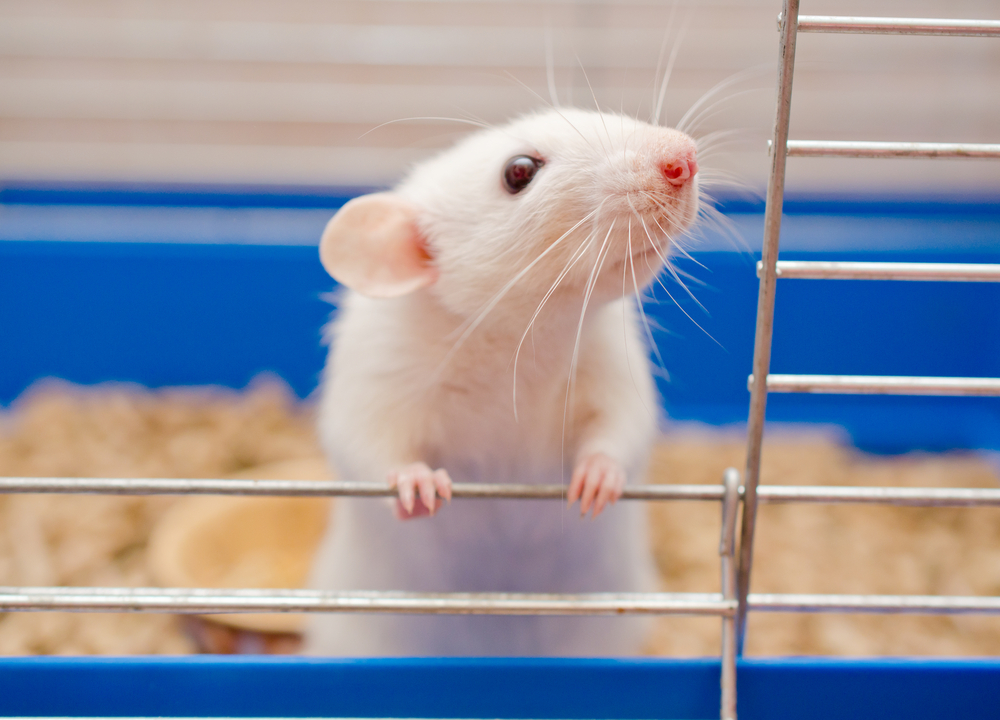Efficiency of Mifcare’s Anti-inflammatory Compound for PAH Shown in Second Animal Model
Written by |

The French biotechnology company Mifcare recently announced that their lead anti-inflammatory compound MFC1040 has been shown to be efficient in a second animal model of pulmonary arterial hypertension (PAH).
MFC1040 is an orally available small molecule therapy able to inhibit the macrophage migration inhibitory factor (MIF). The lung is a major source of MIF, which is released on stimulation by stress, endotoxins, inflammatory and immune stimuli. It plays an important upstream role in the inflammatory cascade by promoting the release of other inflammatory cytokines such as TNF-alpha and IL-6, ultimatelty triggering a chronic inflammatory immune response.
Although the exact mechanism leading to PAH is not fully understood, it is thought that inflammation in and around the pulmonary arteries is responsible for the development of the disease. This inflammation causes the progressive narrowing of the small pulmonary arteries and results in an abnormal increase in pulmonary vascular resistance and pulmonary blood pressure. It may ultimately cause right ventricular heart failure.
Using a rat model that closely mimics severe PAH in humans (called Sugen/chronic hypoxia — the model had angio-obliterative lesions that are similar to the “plexiform” lesions that occur in human idiopathic PAH), scientists at Mifcare, in collaboration with Dr. Christophe Guignabert from the renown laboratory Inserm U999, in France, demonstrated that MFC1040 is able to turn back the abnormal pulmonary vascular remodeling seen in PAH.
When researchers gave rats a daily dose of MFC1040 for three weeks they saw that the mean pulmonary arterial pressure, the thickness of the pulmonary arterial wall, and the pulmonary vascular resistance were all reduced. Fibrosis in the right ventricle of the animals’ heart was lowered and cardiac output was increased.
Researchers at Inserm U999 had previously obtained similar results using another rat model of PAH called the “monocrotaline” model. Monocrotaline is a poisonous plant component that induces lung damage. Although this rat model has contributed to a better understanding of vascular remodeling in PAH, its function as a pre-clinically relevant model of severe PAH has been limited.
“These positive preclinical efficacy data obtained with MFC1040 in the Sugen/chronic hypoxia rat model of severe PAH confirm those previously obtained in the monocrotaline (MCT) rat model, and reinforce our decision to accelerate the development of this anti-inflammatory lead candidate towards a regulatory filing for clinical testing by the end of 2017,” said Dr. Gael Jalce, chief executive officer of Mifcare, in a press release.



